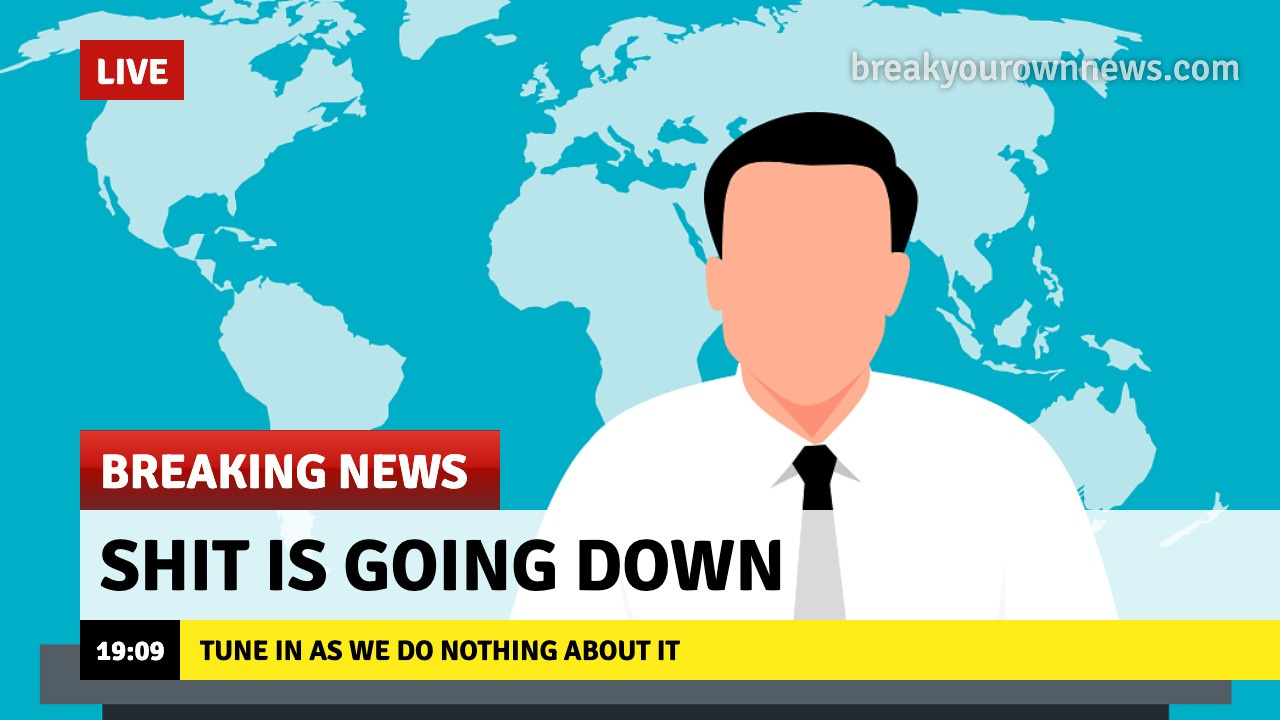Do public intellectuals change anything?
Hard to say...
It used to mean something to be intelligent in this country. So intelligent that, paired with the right connections and a knack for storytelling, you could really go places. Write a book, earn an opinion column for a prestigious publication, get into politics and win an election or several. But, hang on—does any of that actually mean something? Anything? Does your intelligence matter if you don’t apply it to effecting real change through your area of expertise?
Maybe it “matters” regardless. There’s no imperative to come up with or work on solutions for the public good, and what actually qualifies as a public good surely varies depending on who you ask. The question of meaningful change probably gets even murkier if you wade into the personal space—who’s to say that using your smarts to build a comfortable life for your family isn’t meaningful? Or just for yourself?
So how about we keep things in the public sphere for now. Let’s say you’re a person whose intelligence, paired with any number of intrinsic and extrinsic factors, leads you to a situation in which your face and name become widely known. We’ll define “widely known” here not as a hard number, but as a perception by a community invested in outcomes tied to your area of expertise. The community could be local and tight-knit, or spread out and huge. It could exist primarily in real life, or exclusively online. Lots of possibilities here—the point is that you are generally recognized as commanding on an issue or set of issues relevant to many people. You are a public intellectual.
Now, because you are openly smart, in theory others will look to you for signals on how to think or speak or act. This is power, and earned or not, it is a privilege. Your actions and words and to some extent even your thoughts carry weight. You have influence. Great power yada yada great responsibility, as it goes. So, what would you say you do here? How will you harness said power? Will you conceive of and implement solutions that improve the status quo for your community? Or spend a bunch of time and smarts pacing around the zone of pontification?
This is, I feel, an important question during periods of upheaval, such as the one in which we find our current geopolitical structure. The post-WWII state of affairs is clearly straining, if not actively crumbling. Populist right-wing movements are on the rise. Pluralistic left-wing movements are seeking a new way forward. The global climate continues to change. Artificial intelligence is hurtling us towards the singularity, which may render the current concept of human intelligence moot altogether. Shit’s going down! So what the hell are we going to about it? Hopefully, more than just talk.
To be fair, all I’m doing here is talking about it. But also to be fair, I’m not a public intellectual. And for those that are, the definition of action doesn’t seem totally clear. It could be argued that writing an essay or hosting a podcast, if your audience is big enough, actually does effect change, whether you’re an intellectual or not. Just look at Joe Rogan. But I fail to see how being smart and complaining publicly about a sordid state of affairs gets anything done, and frankly this more or less describes the entire democratic party and most left-wing media right now. Don’t just take it from me—it’s basically the thesis of
’s writing since January 20. You don’t have to agree with all of his methods or his takes to see that he’s highlighting a broad truth.Of course, people in the public eye are necessarily quite aware of the way they come off, so most are hesitant to truly say or do things of substance until they feel secure that it’ll yield a positive outcome. My family migrated to the U.S. from the Soviet Union in 1989, so it’s not lost on me that in some societies, even just a bit of grousing publicly leads to very negative outcomes. Still, I don’t think it’s too much to ask of our public intellectuals to turn their capital into, if not tangible positive change, at least a map for one. For example, Ezra Klein and Derek Thompson’s new book Abundance seems to chart some pretty clear paths forward for the left. I won’t shill for it here, but at the very least I can say I respect the channeling of their talent into something beyond purely awareness. On the flip side, you have Ta-Nehisi Coates—one of the most celebrated public intellectuals in America, whose case for reparations actually could be the apex of intellect-as-action—recently publishing The Message, a book pretty concerned about the Palestinian plight that features a heavy emphasis on his own perspective and a notable lack of consideration for the complexity of the region or any tangible solutions. Bummer. Also a bummer: lots of the response to Abundance is less about proactive engagement with its ideas and more just “well, actually” in reaction after reaction.
So…I don’t know. Who can say. What’s to be done. Ultimately the cyclical nature of public intellectual discourse isn’t new, and thus isn’t a surprise. I guess all I can personally do is hope for more from the public intellectuals out there, at a time when it sure would be good to see some organized, positive, raise-all-boats sort of change in the world.
And as for the private intellectuals? Well, some wise words…



